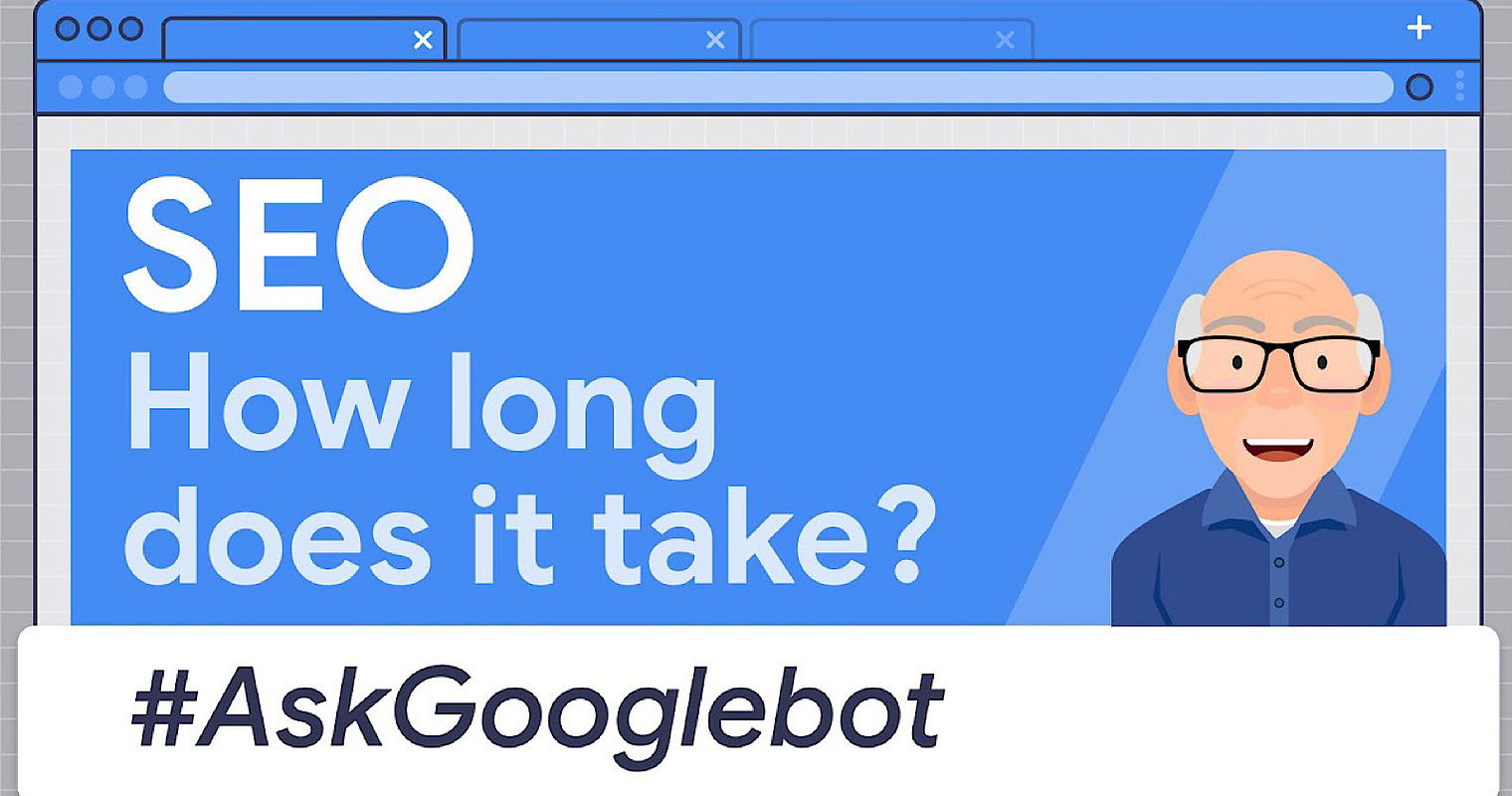Internet Marketing
Google’s John Mueller on How Long SEO Takes
A new article on Search Engine Journal reports that Google’s John Mueller just answered some questions about how long SEO takes for new web pages.

Google’s John Mueller recently answered the question: “how long does SEO take for new pages?” in the latest episode of Ask Googlebot on YouTube.
In truth, that’s a loaded question, and Mueller even makes a joke at the beginning of the video about refraining from his typical “it depends” response. There’s no timeframe for how long it will take to get results with SEO. However, there are a few ways to ensure ranking in Google Search won’t take any longer than it has to. Mueller’s answer for how long SEO takes focuses on the things site owners can do to expedite crawling and indexing of their site’s content.
Mueller on SEO for New Pages: He tackles this question by breaking his answer down into two parts: indexing and speeding things up. When a new page is published, it can take anywhere from several hours to several weeks for it to be indexed. Mueller suspects most good content is picked up and indexed within about a week. Sometimes there are technical issues on the web that make it take longer, and sometimes Google’s systems get busy with other things. There are a few things site owners can do to help speed up crawling and indexing. To speed things up, Mueller recommends the following action items:
- Prevent server overload: Make sure that your server can handle a reasonable number of requests in a timely way. When your server slows down, search engines tend to slow down with it.
- Prominent internal links: Link to your new internal pages prominently within your website. The easier Google’s systems can recognize what pages you think are important, the easier it is to prioritize crawling and indexing.
- Avoid unnecessary URLs on your site: Go through your website and clean up any URLs that you no longer need. Search engines get bogged down trying to figure out all the URLs on a site and might miss the ones you care about.
- Keep website’s quality high: The easier it is for Google to recognize a site is critical for users on the web, the better it can prioritize the website for crawling and indexing.
Remember, there’s no guarantee Google will index any particular page. Most search engines don’t index a lot of the content on the web. Even when something is indexed, it’s not necessarily shown to users. And it can drop out of the index over time.
Discover more from 9WSODL
Subscribe to get the latest posts sent to your email.


